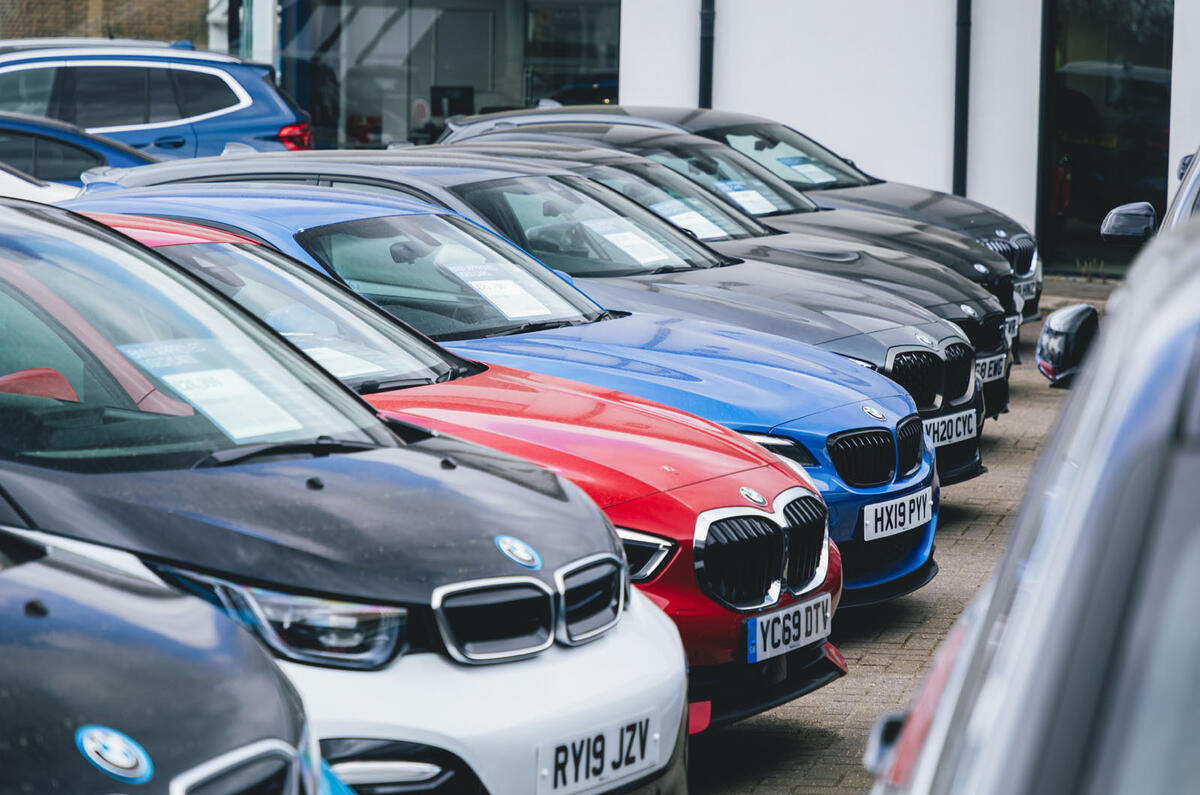Diesel
The diesel engine enjoyed a decade of strong demand in the UK following a reform of the company car tax system in 2002. Designed to incentivise efficient, low-CO2 vehicles, these new tax bands created an almost overnight ‘dash for diesel’ in the fleet sector, doubling its market share to 60% of company cars and slashing average emissions by 15g/km within two years. By 2012, over half of all registrations, including private cars, were diesel-powered.
That market has collapsed quickly since then as public perception has changed, tough emissions regulations have made diesel engines more expensive, and the choice of models has declined.
Diesel became the least popular fuel choice for new lease cars during 2022, according to the British Vehicle Rental and Leasing Association (BVRLA), and its share of the company car market has fallen behind hybrid and electric vehicles.
Who should consider a diesel company car? Diesel engines work best for drivers regularly covering long distances, carrying heavy loads or towing trailers.
Autocar's company car tax calculator shows exactly what you'll pay for every make and model
Petrol
Petrol is the most popular fuel for passenger cars globally, and it’s benefiting from an influx of investment as manufacturers fill the gap left by diesel engines. With precise fuel injection and ‘mild-hybrid’ technology (a very light form of electrification), a modern downsized petrol engine can be almost as efficient as its diesel counterpart.
However, a small, turbocharged petrol engine can still be thirsty if it’s working hard, and there’s no company car tax penalty for diesel engines now that all cars have to comply with the same on-road pollution limits. The main advantage is cost and choice: manufacturers typically offer petrol versions across their entire model range, and they don’t require the same expensive pollution control systems as a diesel car.
Who should consider a diesel company car? For fleets, petrol engines are best suited to smaller, cheaper cars and drivers with relatively low annual mileage.
Hybrid
Fleets were quick to take advantage of tax breaks for full hybrids (sometimes referred to as ‘self-charging’ hybrids) when the first models launched in the UK almost 25 years ago. These usually combine a petrol engine with one or more electric motors, which are used to provide assistance under load and offer a short range on battery power when it’s coasting.
Hybrid company cars overcome some of the challenges of plug-in vehicles for fleets, offering diesel-like efficiency, fast refuelling and removing the need for drivers having to plug in. However, the short electric range means there’s no real CO2 advantage or benefit-in-kind saving compared with a diesel car, and most manufacturers are focused on plug-in hybrids. This means there’s a limited range to choose from.
Who should consider a hybrid company car? Today’s hybrids can be a direct replacement for a high-mileage diesel car, but they offer the biggest fuel savings for city drivers. Stop-start traffic offers plenty of opportunities to slip into EV mode.






Join the debate
Add your comment
Autocar is hugely irresponsible for still trying to push diesel. Quite aside from the horrendous air quality problems associated with diesel exhaust fumes, that new Euro standards only slightly reduce, not eliminate, there is the massive question of long term resale value. The reality is that diesel is dead and no-one should be spending hard-earned money on a new one, whether an individual or a company. Autocar is trying to lure buyers up the garden path to financial loss. Don't follow them. The only sensible choice now is pure electric and that is where all the smart money is going.